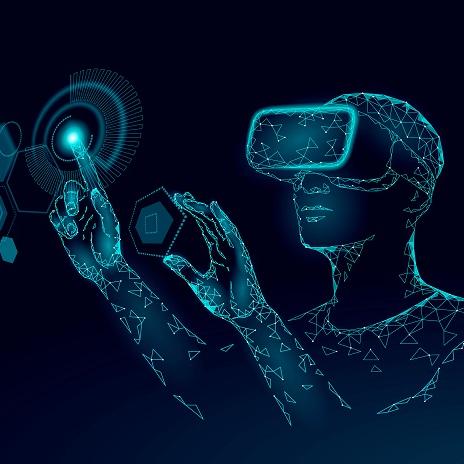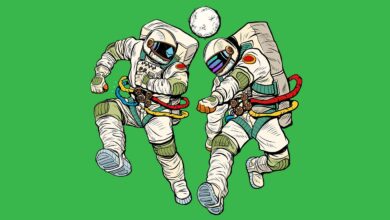Artificial Intelligence – History, Uses, Types

Artificial intelligence is the ability of machines to perform certain tasks, which need the intelligence showcased by humans and animals. This definition is often ascribed to Marvin Minsky and John McCarthy from the 1950s, who were also known as the fathers of the field.
Artificial intelligence allows machines to understand and achieve specific goals. AI includes machine learning via deep learning. The former refers to machines automatically learning from existing data without being assisted by human beings. Deep learning allows the machine to absorb huge amounts of unstructured data such as text, images, and audio.
Any AI system must be able to have some of the following characteristics: Observation, analytical ability, problem solving, learning, etc.
History
AI was a term first coined at Dartmouth College in 1956. Cognitive scientist Marvin Minsky was optimistic about the technology’s future. The 1974-1980 saw government funding in the field drop, a period known as “AI winter”, when several criticised progress in the field.
However, the fervour was revived afterwards in the 1980s when the British government started funding the technology again, especially because they were worried about competition with the Japanese. In 1997, IBM’s Deep Blue began the first computer to beat a Russian Grandmaster, making history.
How are we using artificial intelligence in today’s world?
In the modern world, we are surrounded by AI. From assistants such as Amazon’s Alexa to the internet predicting what we may like to buy next, AI is found everywhere. Self-driving cars are also an example of the application of AI.
Narrow vs General AI
Broadly, AI can be divided into two categories: Narrow AI and General AI.
Narrow AI is the kind we use everywhere — from flagging content online, detecting faces in pictures, to simple customer care inquiries.
General AI till date remains just a concept. The idea behind General AI is to make it as adaptable and flexible as human intelligence. When scientists will be able to develop general AI remains a hotly contested debate, with some saying it’ll arrive by as soon as 2040 to others saying its centuries away, given the lack of understanding of the human brain.
Watch Video



